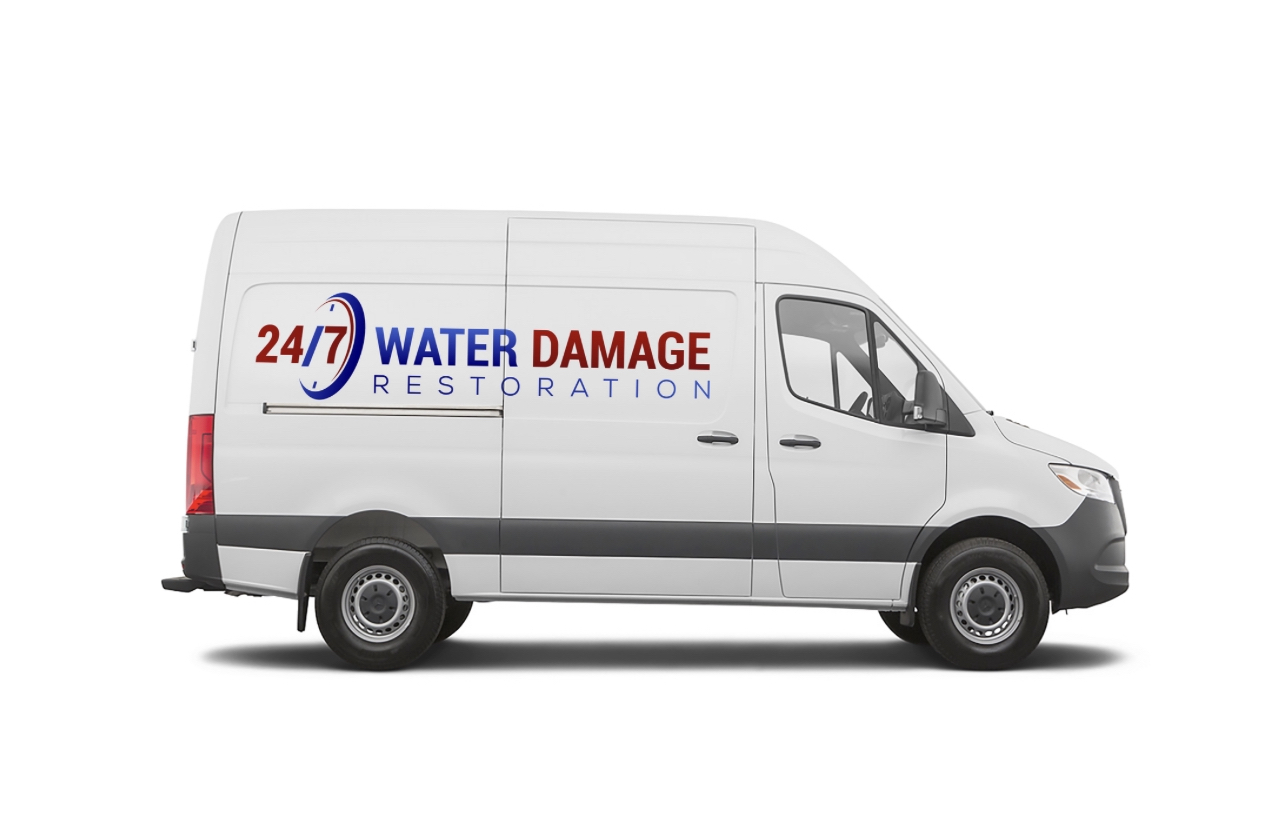
Water damage can be costly and disruptive, and many homeowners may feel powerless to prevent it from happening. However, by taking preventive measures, you can significantly reduce the risk of water damage in your home. Here are some essential tips to help protect your property from water-related issues.
1. Regularly Inspect Plumbing Systems
Your home's plumbing system is one of the most vulnerable areas for water damage. Leaky pipes, faulty faucets, or worn-out hoses can cause significant damage over time. Regularly check the plumbing for signs of leaks, corrosion, or cracks. Pay particular attention to areas under sinks, around toilets, and in the basement or attic. If you notice any issues, address them immediately by either repairing the problem yourself or hiring a professional plumber.
2. Clean and Maintain Gutters
Clogged gutters are a major cause of water damage. When gutters become obstructed with leaves, twigs, or debris, rainwater can overflow and pool around your home's foundation. Over time, this excess water can seep into the basement or cause structural issues. To prevent this, clean your gutters at least twice a year and ensure that downspouts are directing water away from your home's foundation. Installing gutter guards can also help reduce the buildup of debris.
3. Inspect the Roof Regularly
Your roof acts as the first line of defense against water damage. A damaged or aging roof can allow water to infiltrate your home, leading to leaks and extensive damage. Inspect your roof regularly for signs of missing or damaged shingles, cracked flashing, or worn seals around vents and chimneys. Address any issues promptly to prevent water from entering your home. It's also a good idea to have a professional roofer inspect the roof periodically to catch potential problems early.
4. Check for Foundation Cracks
Cracks in your foundation can be a major entry point for water during heavy rain or flooding. Over time, soil movement and settling can create gaps in the foundation that allow water to seep into your basement or crawl space. Periodically inspect the foundation for visible cracks or signs of water intrusion. If you detect any issues, seal cracks immediately with a waterproofing sealant, or consult a foundation expert for more extensive repairs.
5. Install a Sump Pump
If you live in an area prone to heavy rainfall or flooding, installing a sump pump in your basement can be a lifesaver. Sump pumps remove excess water from the basement, preventing it from pooling and causing damage. Make sure the pump is functioning properly, and test it regularly to ensure it’s ready to handle water if necessary.
6. Address High Humidity
Excess moisture in the air can lead to mold growth and damage to your home’s structure. Use dehumidifiers in areas with high humidity, such as basements, bathrooms, and kitchens. Proper ventilation in these spaces, along with regular use of exhaust fans, can help reduce moisture levels and prevent long-term water damage restoration los angeles.
Conclusion
Water damage doesn’t always have to be inevitable. By performing regular maintenance and taking a proactive approach, homeowners can prevent many common causes of water damage. Simple tasks like inspecting plumbing, cleaning gutters, and ensuring your roof is in good condition can go a long way in safeguarding your home from costly and disruptive water damage.

 SURVEY
How Did You Hear About Us?
SURVEY
How Did You Hear About Us?





























Comments